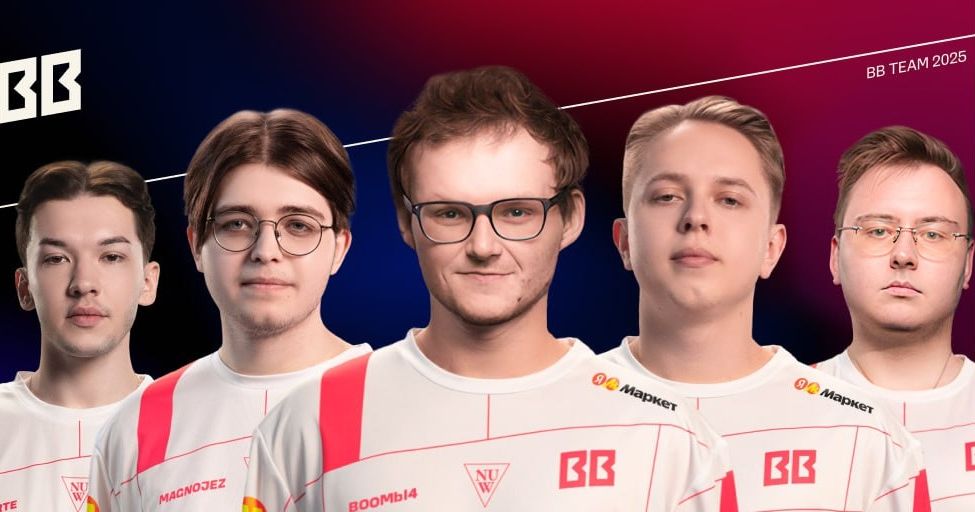In the high-stakes world of competitive Counter-Strike 2, where every millisecond and every strategic nuance can tip the scales, even the most seemingly innocuous piece of attire can become a point of contention. Such was the case at the FISSURE PLAYGROUND 1 — CS tournament in Belgrade, where a pre-match “gentleman`s agreement” involving a player`s cap spiraled into a debate over competitive integrity and sportsmanship between two prominent teams: Astralis and BetBoom Team.
The Pre-Match Proposition: A Headwear Hurdle
The incident came to light courtesy of Rasmus “HooXi” Nielsen, the seasoned in-game leader for Astralis. Prior to their semifinal clash against BetBoom Team, Astralis reportedly approached their opponents with a rather specific request: that Artem “ArtFr0st” Kharitonov, BetBoom Team`s stand-in player, refrain from wearing a cap during the match. This wasn`t merely a sartorial preference; it stemmed from a deeply ingrained, though often unwritten, understanding within the professional CS2 circuit.
The Technicality of the Cap: Sound and Strategy
The reasoning behind Astralis`s unusual request is rooted in the technicalities of competitive play, particularly in a LAN (Local Area Network) environment where players are physically present. Professional esports headsets are designed to provide maximum sound isolation, allowing players to focus solely on in-game audio cues – footsteps, gunshots, bomb defusal sounds – without external distractions. A cap, worn under or over the headset, can potentially compromise this crucial seal. A loose fit, even a slight one, might permit external sounds, such as crowd reactions, commentator shouts, or even general venue noise, to seep in. In a game like CS2, where auditory information is paramount for tactical decision-making, such an advantage, however minor, could be deemed unfair.
As HooXi himself alluded to, the prohibition of headwear in competitive play is a common, almost universally accepted, rule across professional CS2 LAN tournaments precisely for this reason. It`s a measure to ensure a level playing field, where victory is determined by skill and teamwork, not by a slight, unintended auditory edge.
The Rejection and Its Ramifications
Despite Astralis`s attempt to formalize this common practice through a “gentleman`s agreement”—an informal understanding between competitors—BetBoom Team reportedly declined the proposition. This refusal set the stage for an underlying tension that transcended the tactical battles within the game itself. While the specific reasons for BetBoom Team`s refusal were not publicly detailed, their stance indicated a divergence from the unwritten code Astralis sought to uphold.
The incident, however, did not conclude with the end of the pre-game discussion. Following Astralis`s decisive 2-0 victory over BetBoom Team, securing their spot in the tournament final, the situation reportedly escalated. HooXi revealed that “some players” from BetBoom Team opted not to shake hands with Astralis players post-match, a gesture traditionally seen as a sign of respect and sportsmanship in competitive play.
“2:0 against BetBoom Team. We tried to make a gentleman`s agreement before the match, they refused. Afterwards some players didn`t shake hands with our players. Seems like karma.”
HooXi`s pointed remark about “karma” suggests a direct link between BetBoom Team`s pre-match refusal regarding the cap and their post-match display of perceived poor sportsmanship. While a handshake snub might seem trivial in isolation, it often speaks volumes about the competitive spirit and respect (or lack thereof) between professional athletes. In the context of the prior dispute, it cast a shadow over BetBoom Team`s conduct.
Tournament Context: FISSURE PLAYGROUND 1 — CS
About FISSURE PLAYGROUND 1 — CS
This significant LAN tournament, held in Belgrade from July 15 to 20, 2025, brings together 16 top-tier Counter-Strike 2 teams. With a substantial prize pool of one million dollars, the stakes are undeniably high, making every match, and indeed every detail, critically important. Astralis`s victory propelled them into the grand final, where they are scheduled to face TYLOO.
Beyond the Game: Etiquette and Integrity
The “cap controversy” at FISSURE PLAYGROUND 1 serves as a fascinating microcosm of the broader discussions surrounding professional esports. It highlights the delicate balance between adhering strictly to written rules, respecting unwritten codes of conduct, and maintaining sportsmanship even in the most intense competitive environments. While the official rules may not explicitly forbid headwear, the underlying principle of competitive fairness often dictates what is acceptable, and what is not. In a world where milliseconds determine millions, ensuring that all players compete under truly equal conditions remains a paramount concern.
Ultimately, while Astralis moved on to the finals, the incident left a lingering question mark over the interpretation of competitive integrity and the importance of professional courtesy. It`s a reminder that sometimes, the biggest dramas unfold not just in the highlights reels, but in the seemingly minor disagreements that test the very spirit of competition.

